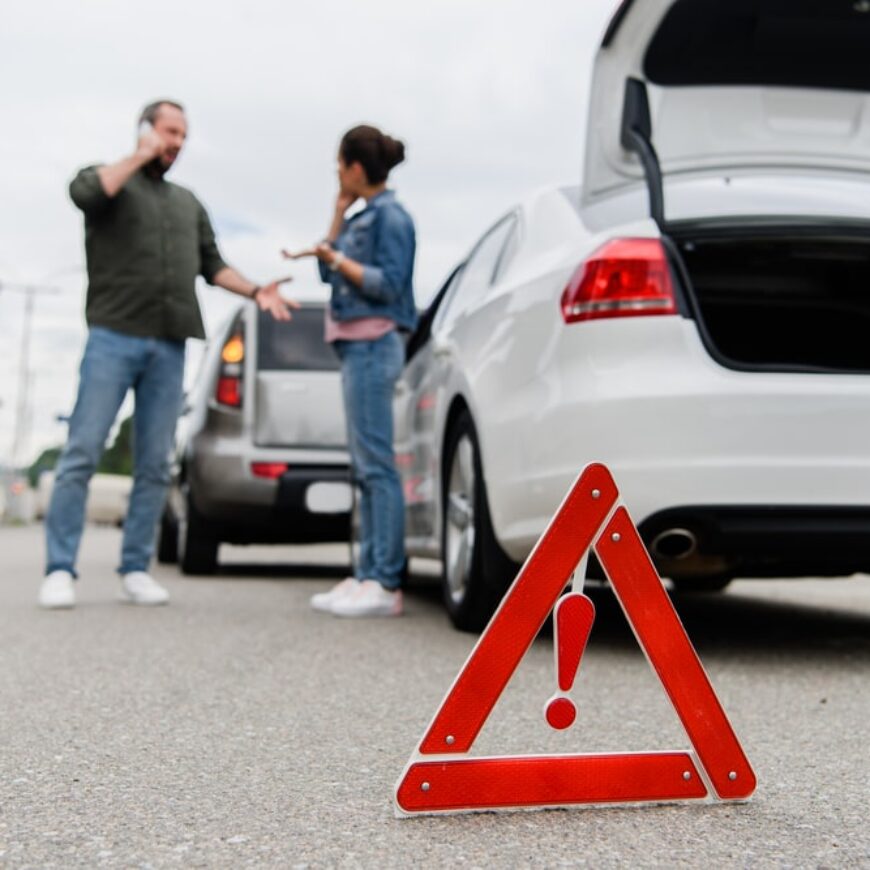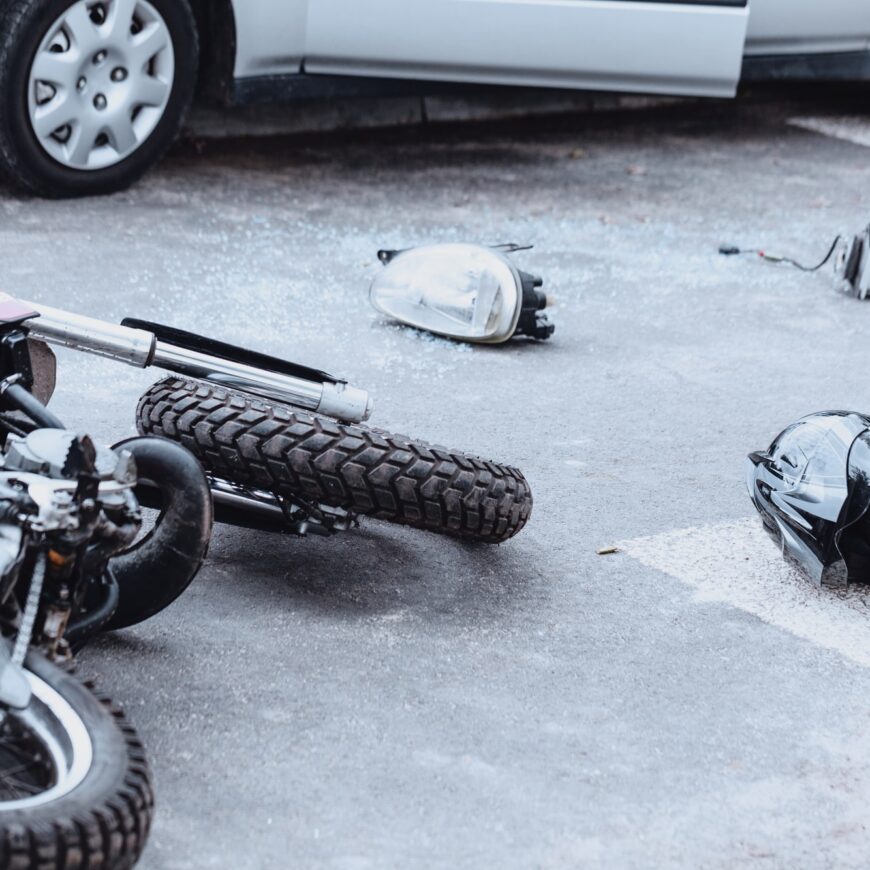Car Accident FAQ
Any car accident can be a challenging hurdle to overcome. Apart from damages to the car, insurance concerns, and the inability to work, you might be dealing with painful injuries that have amounted to thousands of dollars in medical bills. Couple in the fact that you or the other driver was in a company car, and your stress level might be at a tipping point. A car accident lawyer, will have handled a large number of cases that involve company-owned car accidents. In general, whether or not you will be able to file a claim will depend on the circumstances of the case. Sometimes your employer will be liable, and in other situations, you or another driver will be responsible. Whenever a car accident involving a company car occurs, you should consider having a car accident lawyer on your side.
Vicarious Liability in Company Car Accidents
Vicarious liability, also known as “respondeat superior,” is a legal term that essentially means “to hold another party liable for their actions.” In the case of a company car being in an accident, vicarious liability refers to holding the employer of the employee liable for the negligent actions.
An employer can typically be held responsible because their employee is the agent, and the employer had a responsibility to ensure the employee adhered to the rules of the road. The exception to this might be when the employee was not on company time but was still driving the company car.
Determining Who Was at Fault
As a car accident lawyer might explain to you, before you can recover damages, you must be able to determine who was at fault for the accident. If you were the driver of the company car and you were found liable for the accident, your employer would likely be responsible for covering the damages. If you are not at fault for the accident, the other party will likely not be able to pursue a claim against you or your employer.
Vicarious Liability May Apply in Some Situations
Vicarious liability is applicable only in select circumstances. To determine whether this is true for your case, a car accident lawyer will need to examine whether or not the employee (the driver) was acting within their job description or duty at the time of the accident. For example, if a construction company dispatches a carpenter for a routine house call and on the way, the carpenter was in an accident because they failed to signal, their employer may be held liable under the laws of vicarious liability.
Vicarious liability will likely apply when at least one of the following is applicable:
- The employer asked the employee to take care of tasks or errands on their behalf.
- The driver of the company car was going to or from a job-related appointment.
- The employee was on their way to a company meeting.
- The employer requested the employee to drive to a specific location.
It may not apply when:
- The driver of the company car was on their way to or from work
- The employee was on a break from work.
- The employer asked the employee to go to a location, but instead, they went elsewhere.
- The employee was under the influence of drugs or alcohol.
- Although the employee was using a company car, they were not on the clock.
As a lawyer may tell you, whether the employer can be held responsible will largely depend on the facts and evidence of the case. In some cases, a trial by jury will be necessary; however, it is certainly possible for a lawyer and the employer to come to a settlement through mediation or arbitration. If you were involved in a car accident that involved a company car, it is advisable to call a car accident lawyer.


